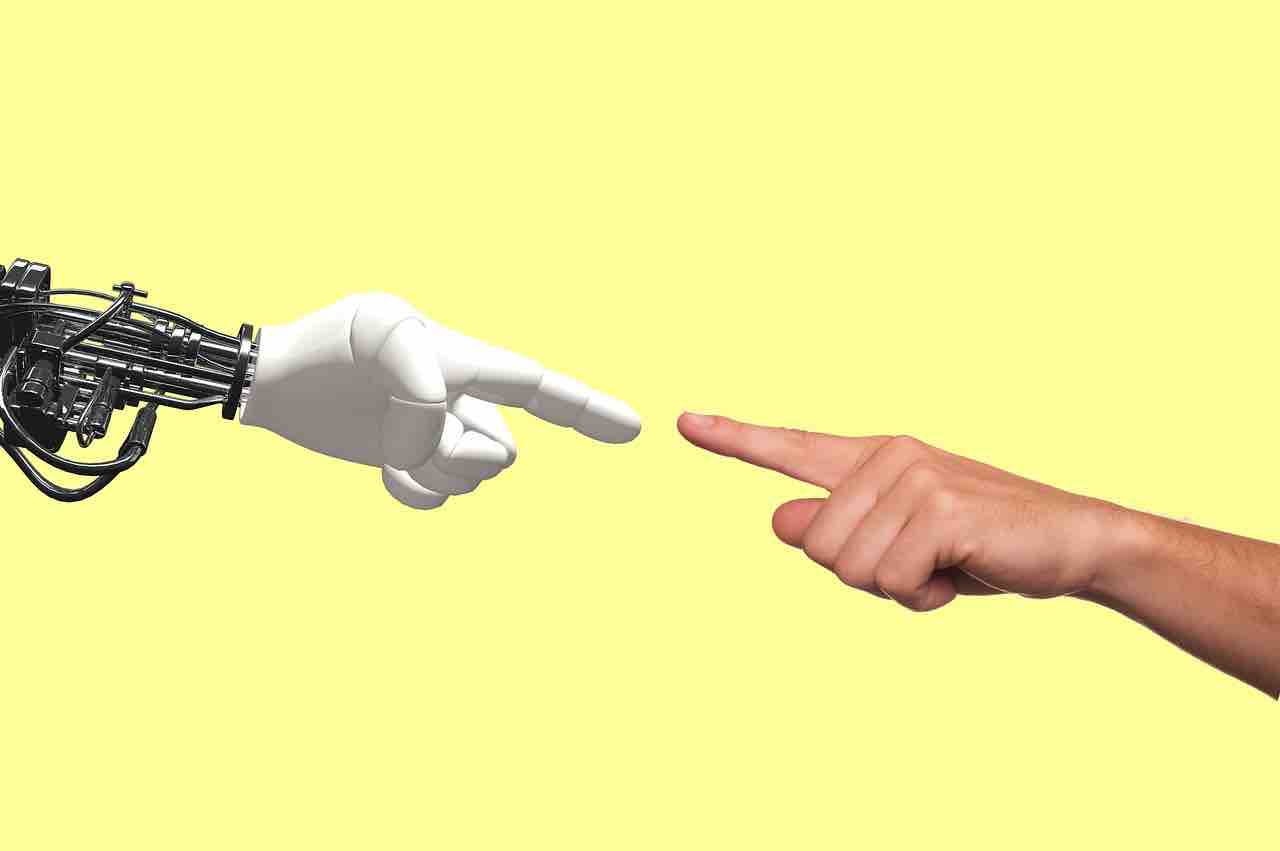AI is now increasingly being employed in the business world across multiple sectors, writes Anne Marie Walsh.
Working in Executive Search and specializing in Technology, I come across lots of feeds and articles on AI and Machine Learning. Artificial intelligence is a broad and general term that refers to any type of computer software that engages in humanlike activities, including learning, planning and problem-solving. AI is now increasingly being employed in the business and everyday world and we have got to a point where we are seeing this first-hand with Alexa, CRM systems, and robots replacing bank tellers.
Through a number of our search mandates, we have seen AI being utilized in the Dublin market across multiple sectors. The healthcare and the insurance sector are specific areas where we see a number of organizations growing their talent footprint in this area. Equipped with sizeable automation teams, robotic process automations (RPA) are being built out in their innovation labs. The robotic processes are used to automate the processes behind legacy IT systems.Robotics candidates working in RPA tend to rise internally through the ranks of the organization and typically come from an operations background. Data Science and AI candidates are more likely to come from a background where they have been studying AI. Investment in RPA is something that will benefit organizations immediately, whereas AI and data science investment will be more long-term but necessary for future-proofing businesses.
We’ve appointed a number of global leads in AI and Machine Learning, and we’re finding when organizations source their AI talent, it’s a mix of STEM graduates and candidates with Masters and/or PhDs in AI. There is strong talent coming from places such as the Adapt centre in Trinity and CeADAR in UCD.
One question often raised in line with AI is, “How can AI be used to impact social good?” The answer is there are lots of ways—everything from water management to global warming, renewable energy, earthquake predictions, poaching, illegal fishing and healthcare. If AI can be used for social good, developing and nurturing the talent chain will be imperative
Taking healthcare as an example, the advances are dramatic. Robot surgeons truly are alive and kicking, with 5,000 of these are already in employment around the world. Evidence suggests that these robot surgeons can stitch wounds with significantly greater accuracy than their human counterparts. Specifically within the health care sector, AI can be used to successfully predict the risk of developing some chronic diseases. It has also been used to develop apps which can be used to track the progress of conditions such as Parkinsons. AI wearable devices are also being used to detect early signs of diabetes through analyzing heart rate sensor data, and if these wearable devices were affectively deployed, they could help over 400 million people worldwide who suffer from this disease.
An analysis by Accenture looked at AI applications in healthcare and their estimated benefits through application by 2026. Robot-assisted surgery was postulated to produce the most significant ROI.
All of this leads to a question of how central humans will be to the future world of work? But there is a huge ethical issue at the heart of AI which is already bringing up questions of who will be held accountable when the bots blow up. Ethical AI is also coming to be of serious concern in the area of driverless cars and what happens when they crash. Ethical issues surrounding the use of AI in law often share a common theme. As AI becomes increasingly integrated within the legal system, how can society ensure that core legal values are preserved?
With any buzz topic such as AI, data science and machine learning, there is always a bit of a fear. If everyone else is doing it why aren’t we? For those who have invested heavily in data capabilities, some challenges and internal frustrations can be seen with too many insights that are not practical to action. Practical advice that we have elicited seems to be that RPA can provide immediate ROI to the organization, whereas data science has a more longer term ROI. With a long-term lens AI and data science strategies will definitely be imperative for organizations in the future but they may need a more patient approach until ROI can be fully realized.

About the author: Anne Marie Walsh is a Partner at Brightwater Executive, a specialist division of the Brightwater Group, focusing on executive and senior management assignments. www.brightwater.ie





